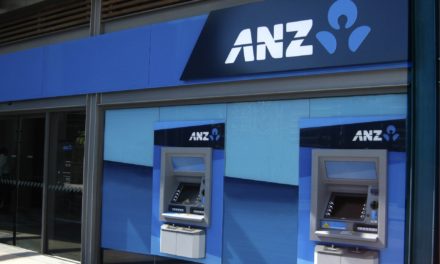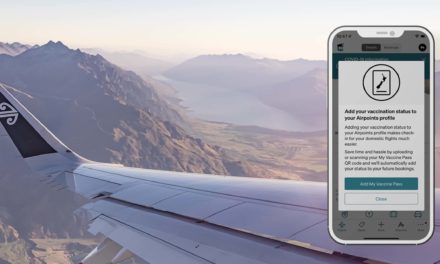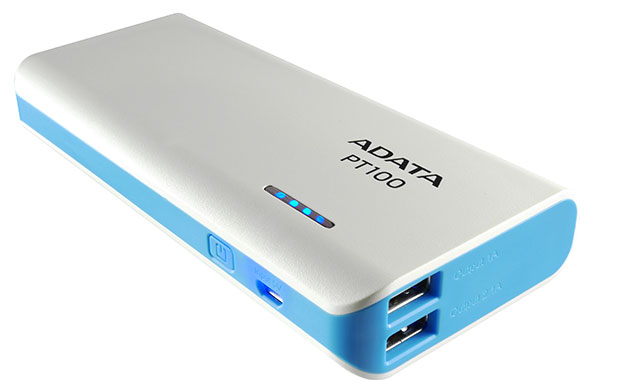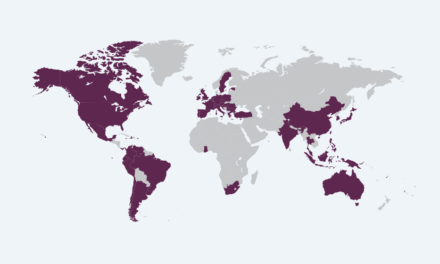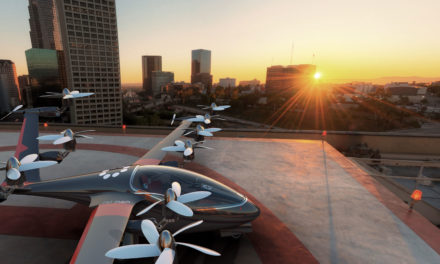One of the most common travel accessory these days is a portable USB Powerbank. With phones and tablets being such important travel tools, being caught with a flat device literally is at the top of the list of first world problems!
Many people are unaware that since early 2016 the carriage of devices containing lithium batteries on planes has been heavily restricted. Two fires onboard Boeing 747 cargo freighters that lead to fatal crashes resulted in significant new changes across the industry for both the carriage of products containing lithium batteries as cargo, and the carriage of products containing lithium batteries in both carry on and checked luggage on passenger aircraft. The recent issues involving Samsung Galaxy Note 7 phones catching fire due to a battery fault have further emphasised why such changes were so important.
Some airlines now prohibit the carriage of any products that contain a lithium battery in checked luggage, while some will allow batteries in checked luggage only if they're non removable. Portable Powerbanks are treated as spare batteries, meaning that they must be taken in carry on luggage only and are are not permitted in checked luggage. The changes don't just affect Powerbanks - they affect anything that contains lithium batteries such as toys or tools.
Here in New Zealand I've heard anecdotal reports of significant numbers of portable Powerbanks being confiscated and destroyed on a daily basis by Avsec (New Zealand's Aviation Security Service). When baggage is screened battery packs are removed, and in accordance with guidelines are destroyed. I've seen a number of reports on social media of people who have been incredibly grumpy with their devices being confiscated, despite the fact they've chosen to totally ignore warnings and declarations present on both airline websites and check-in kiosks stating that such devices must not be taken in checked luggage.
With the capacity of many Powerbanks now increasing it's also worth noting that most airlines impose restrictions on the maximum capacity of lithium batteries. Devices exceeding 100Wh capacity are banned on some airlines, and require prior permission to carry on other airlines. There are now a number of high capacity portable USB Powerbanks that exceed 100Wh capacity that fall into this category.
Here are extracts from the Air New Zealand website detailing their rules -
Up to 100 Watt hours (Wh) or 2g lithium content
Typical examples include batteries for laptops, mobile phones and digital cameras.
Prohibited
•Spare batteries in checked-in baggage
Allowed
•Installed in electronic equipment in either carry-on or check-in baggage
•Spare batteries in carry-on baggage only, protected from damage and short circuit, for personal use only
More than 100Wh or 2g LC, but not exceeding 160Wh or 8g LC
Typical examples include video equipment and portable medical devices.
Prohibited
•Spare batteries in checked-in baggage
Approval required
You must let us know about any of these batteries when you book. Approval is usually given in the following circumstances:
•Installed in electronic equipment in either carry-on or check-in baggage
•Spare lithium ion batteries in carry-on baggage only, protected from damage and short circuit, limit of 2 per person
•Spare lithium metal or alloy batteries for personal medical devices only, in carry-on baggage only, protected from damage and short circuit, limit of 2 per person
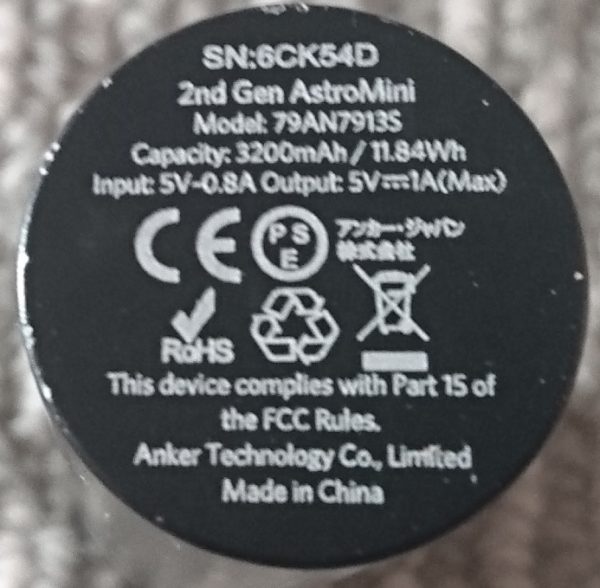
The following are links to a rules for a number of airlines flying from New Zealand. If you're flying on another airline it'll pay to check their rules before you fly.
Air New Zealand - https://www.airnewzealand.co.nz/travelling-with-lithium-batteries
Jetstar - http://www.jetstar.com/nz/en/help/articles/dangerous-goods
Emirates - https://www.emirates.com/english/plan_book/essential_information/dangerous-goods-policy.aspx
